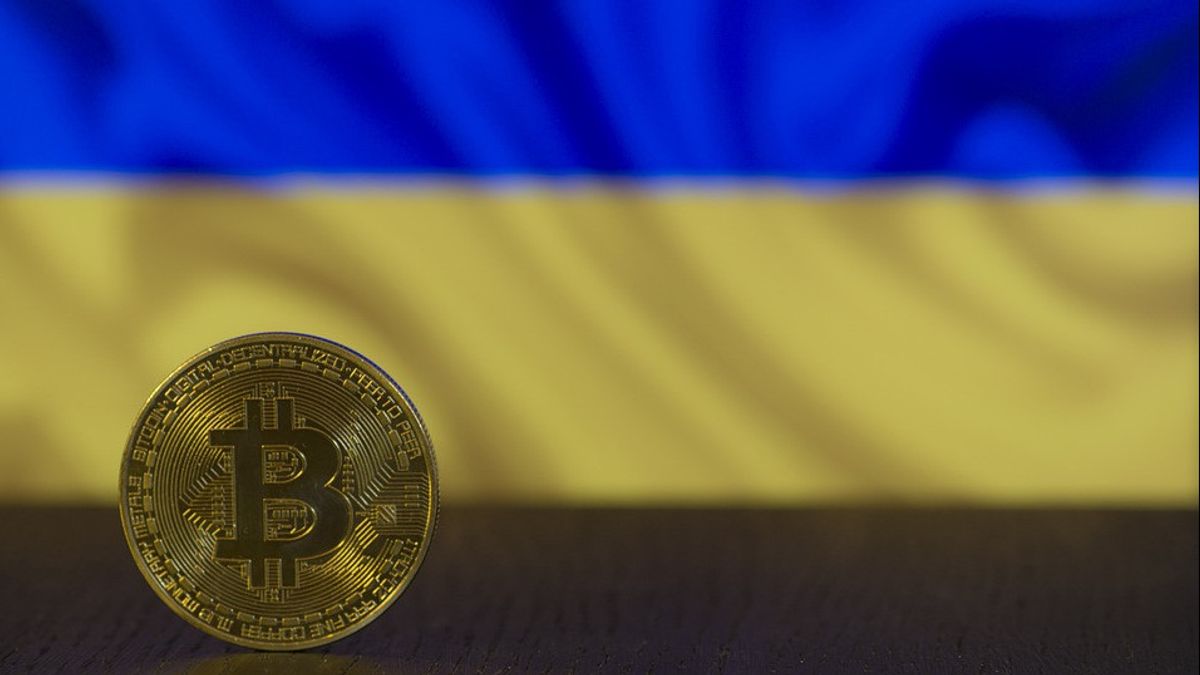JAKARTA - BlackRock Inc's chief executive, Larry Fink, said on Thursday, March 24 that the Russo-Ukrainian war could eventually accelerate digital currencies as a tool to settle international transactions. He thinks that the conflict has reversed the globalization drive of the last three decades.
In a statement in a letter to shareholders of the world's largest asset manager, Fink said the war would prompt countries to reassess dependence on currencies. Even today BlackRock is studying digital currencies and stablecoins due to increasing client interest.
“A carefully designed global digital payment system can improve the settlement of international transactions while reducing the risk of money laundering and corruption,” said Fink, as quoted by Reuters.
That seems to strike a different tone from May last year, when Fink raised some concerns around cryptocurrency volatility. At that time he also said it was too early to determine whether cryptocurrencies were just a speculative trading tool.
In a letter on Thursday, the chairman and CEO of the $10 trillion asset manager said the Russia-Ukraine crisis had put an end to the forces of globalization at work for the past 30 years.
"Access to global capital markets is a privilege, not a right," Fink said, adding that BlackRock had suspended purchases of Russian securities in its active index portfolio following Moscow's invasion of Ukraine.
“Over the past few weeks, I have spoken to countless stakeholders. This includes our clients and employees, all of whom want to understand what can be done to prevent investments into Russia. We believe this is the definition of our fiduciary obligation," said Fink.
BlackRock Inc's clients' total exposure to Russia had declined to less than $1 billion earlier this month, from $18 billion before Moscow's invasion of Ukraine that sparked Western sanctions and the shutdown of the Russian stock market.
The impact of this conflict is on global supply chains, which have been hit for the past two years due to the coronavirus crisis. The lack of global supply, is expected to contribute to inflationary pressures prompting global central banks to tighten monetary policy and reverse COVID-19-driven accommodative measures.
VOIR éGALEMENT:
"While corporate and consumer balance sheets are strong today, giving them more cushion to overcome this predicament, a large-scale supply chain reorientation will inherently be inflationary," said Fink.
He said central banks faced a dilemma they had not faced in decades, having to choose between living with high inflation or slowing economic activity to withstand price pressures.
Energy prices soared as sanctions against Moscow prompted companies and the state to reassess supply chains and try to reduce dependence on Russian commodities.
"Energy security has joined the energy transition as a top global priority," said Fink.
The English, Chinese, Japanese, Arabic, and French versions are automatically generated by the AI. So there may still be inaccuracies in translating, please always see Indonesian as our main language. (system supported by DigitalSiber.id)













